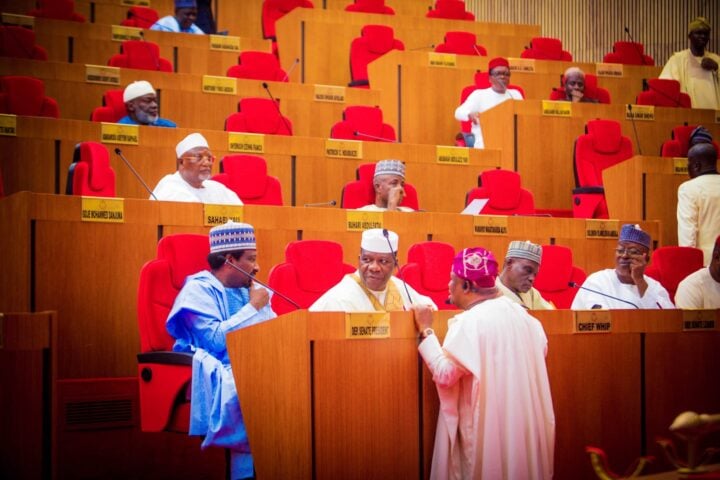Crude Sale in Naira Initiative Still Operating with no Plan for Suspension, Says FG

The Federal Government of has reaffirmed its commitment to the Crude and Refined Product Sales in Naira initiative, confirming that the policy remains a standing national directive with no plans for reversal.
The assurance was provided through the official social media handle of the Federal Ministry of Finance, in response to growing inquiries and speculation about the policy’s status.
The Ministry emphasized that the initiative, which was first approved by the Federal Executive Council (FEC), is a long-term strategic policy aimed at strengthening Nigeria’s economic sovereignty, enhancing local refining capacity, and stabilizing the foreign exchange market.
The policy mandates that all transactions related to crude oil and refined petroleum products be conducted in Naira, rather than foreign currencies.
According to the Ministry, the policy is designed to foster energy security, encourage investment in domestic refining infrastructure, and reduce the country’s reliance on foreign exchange in the domestic petroleum market. By promoting the use of Naira in petroleum transactions, the government aims to reduce the demand for dollars and other foreign currencies, thereby stabilizing the foreign exchange market and supporting the overall health of the national economy.
The Ministry’s statement also highlighted the importance of the policy in supporting sustainable local refining and bolstering energy security. By incentivizing the use of Naira in petroleum transactions, the government hopes to encourage investment in domestic refining infrastructure, increase local production of refined petroleum products, and reduce the country’s dependence on imported fuels.
The Crude and Refined Product Sales in Naira initiative is a key component of the government’s broader economic strategy, which aims to promote economic diversification, reduce reliance on oil exports, and foster sustainable economic growth.
By supporting the development of domestic refining capacity and promoting the use of Naira in petroleum transactions, the government hopes to create a more stable and resilient economy that is better equipped to withstand external shocks and challenges.
The Ministry’s reassurance on the policy’s continuation has been welcomed by stakeholders, including industry operators, investors, and economic analysts.
The policy is seen as a positive step towards promoting economic sovereignty, enhancing energy security, and supporting the development of domestic refining infrastructure.
However, some experts have cautioned that the policy’s success will depend on the government’s ability to implement it effectively and address potential challenges and obstacles.
These may include the need to develop adequate infrastructure to support the use of Naira in petroleum transactions, as well as the potential for currency fluctuations and other economic risks.
Overall, the Federal Government’s reaffirmation of the Crude and Refined Product Sales in Naira initiative is a significant development that underscores the government’s commitment to promoting economic sovereignty, energy security, and sustainable economic growth.
As the policy continues to be implemented, it will be important to monitor its progress and address any challenges that may arise, in order to ensure that it achieves its intended objectives and supports the long-term development of the Nigerian economy.
In the coming months and years, the government will need to work closely with stakeholders, including industry operators, investors, and economic analysts, to ensure that the policy is implemented effectively and that its benefits are realized.
This will require careful planning, coordination, and monitoring, as well as a commitment to addressing any challenges or obstacles that may arise.
Ultimately, the success of the Crude and Refined Product Sales in Naira initiative will depend on the government’s ability to create a favorable business environment, promote economic stability, and support the development of domestic refining infrastructure.
By doing so, the government can help to promote economic sovereignty, enhance energy security, and support the long-term development of the Nigerian economy.
The policy is also expected to have a positive impact on the country’s foreign exchange market, as it will reduce the demand for foreign currencies and promote the use of Naira in petroleum transactions. This, in turn, is expected to help stabilize the foreign exchange market and support the overall health of the national economy.
In addition, the policy is expected to create new opportunities for investment in domestic refining infrastructure, as well as increase local production of refined petroleum products. This will not only help to reduce the country’s dependence on imported fuels but also create new jobs and stimulate economic growth.







